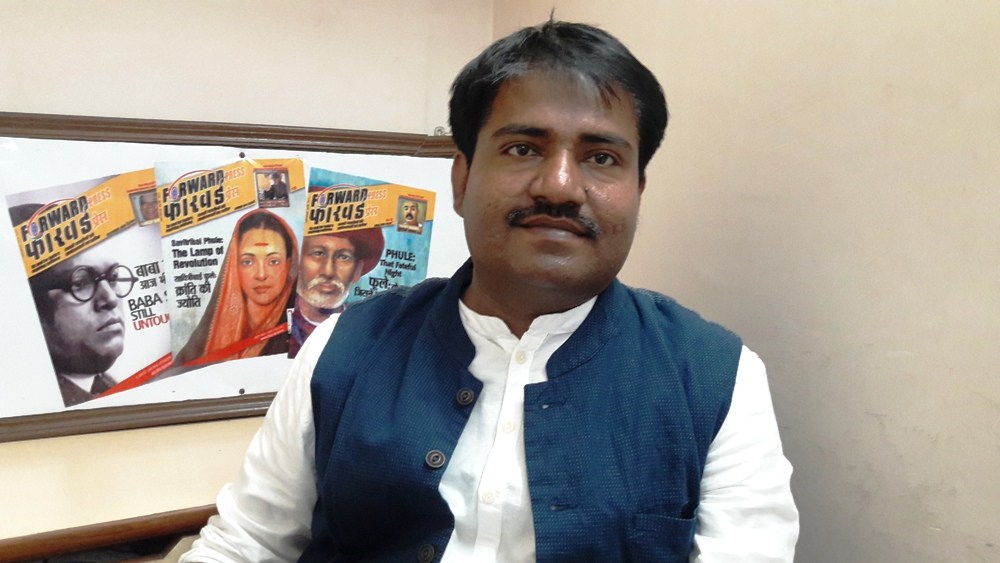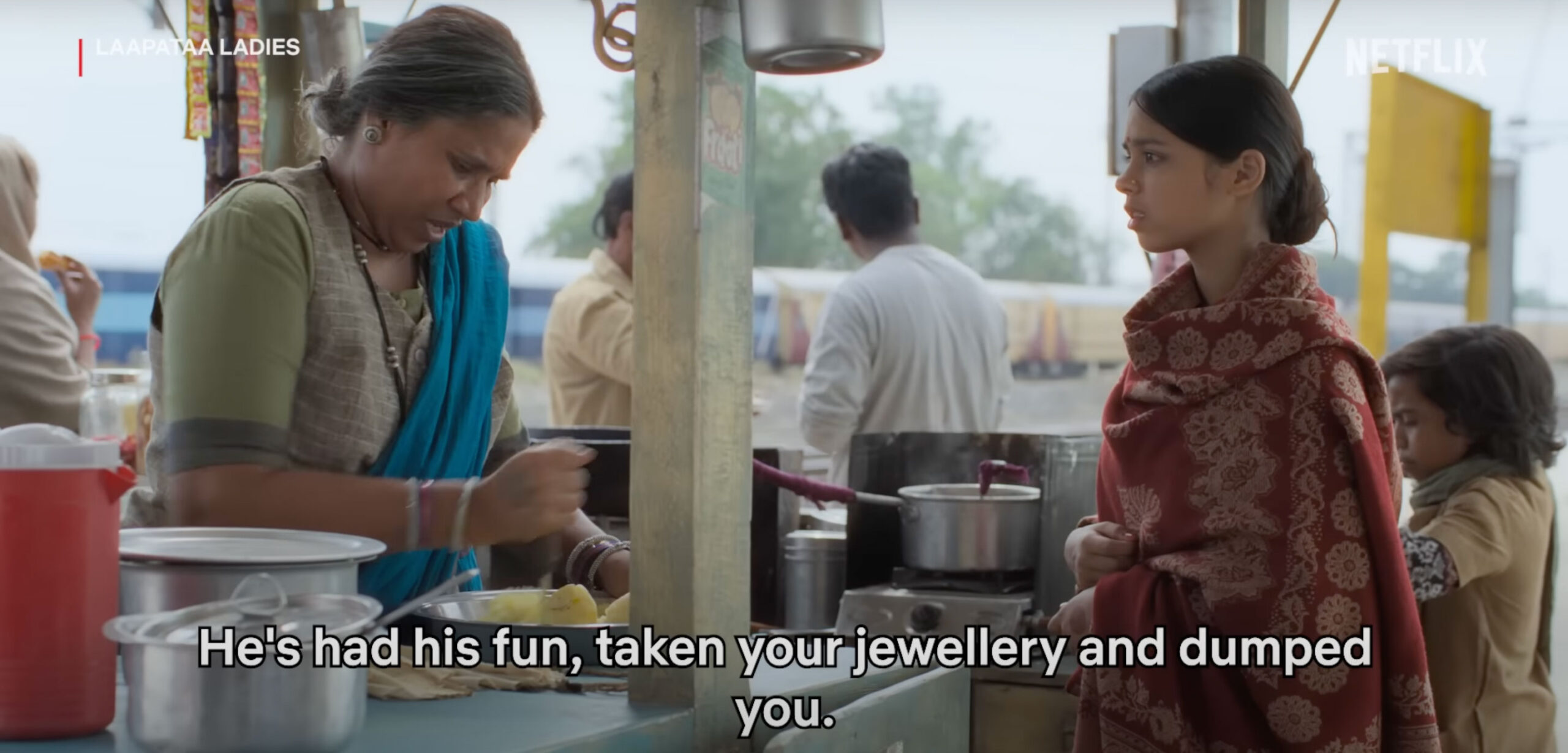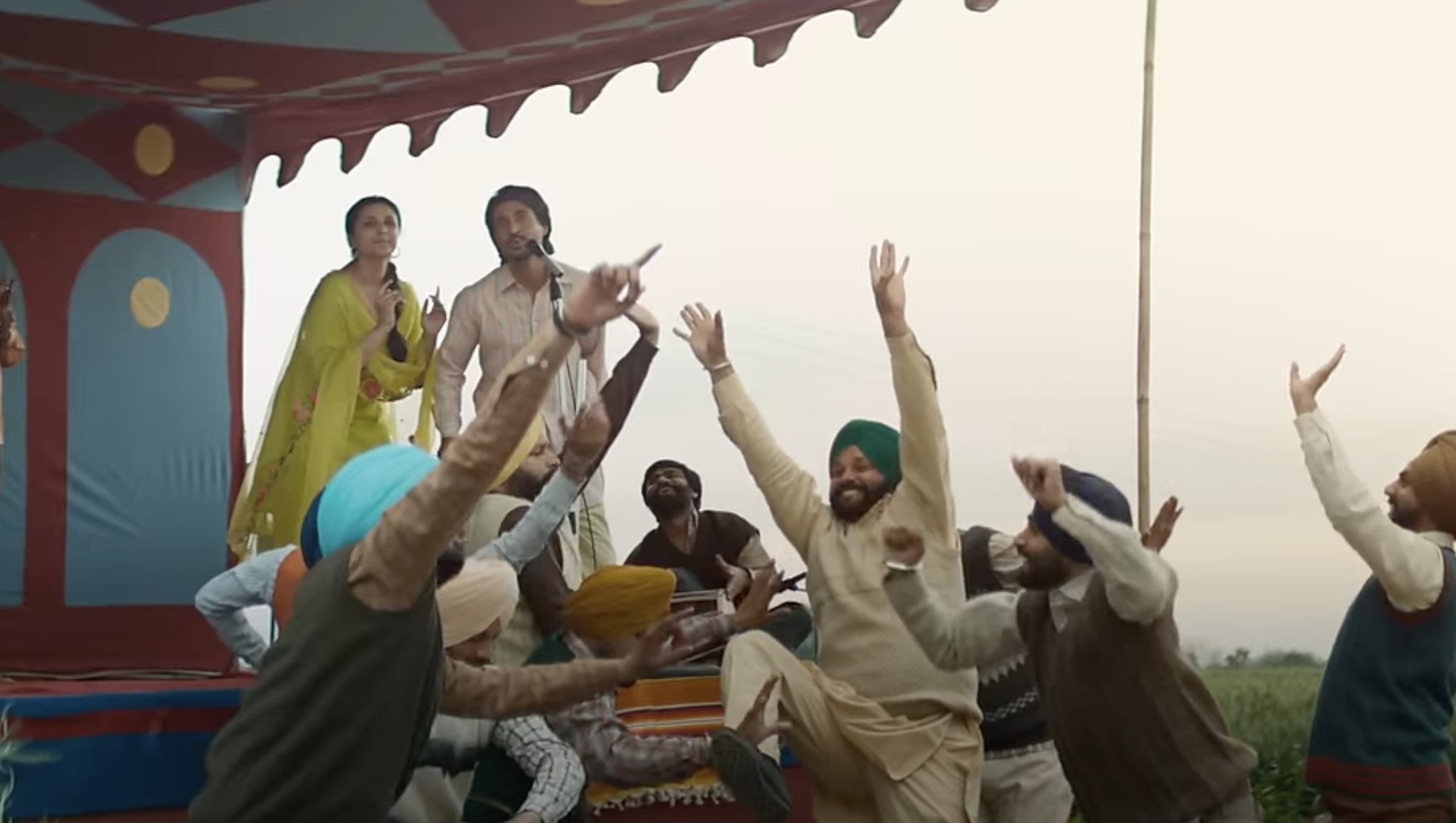Born on 4 October 1946 in Lahore (now in Pakistan), Sudha Arora is one of the leading Hindi fiction writers. Having debuted in 1967 with Bagair Tarashe Huye, published by Lokbharti Prakashan, Allahabad, she now has 18 collections of short stories to her name. She has also published three collections of essays on women’s discourse, poems, novels and plays, among which is the well-received Ek Aurat Ki Notebook, published by Manav Prakashan, Kolkata. Her novel Yaheen Kaheen Tha Ghar was published by Samayik Prakashan, New Delhi in 2010. Recently, her short story Bhimtola Ki Chhokri was published in literary magazine Hans.
Sudha Arora, who was in Delhi recently, spoke with Nawal Kishore Kumar on a wide range of issues including the changes that have come about in literature and how they have impacted society. Edited excerpts:
Women are considered a deprived community by themselves. Feminist literature is a distinct literary genre that is centred on them. How do you assess post-Independence literature in India from a woman’s perspective?
Why from a women’s angle? Can’t we assess it from a human angle? Women writing on the problems of women is definitely important but the issue is that when I write or any other author writes about women, even the women say that you are constricting the canvas of literature; your writing is about a limited sphere. Often women are unable to understand the problems of women, let alone appreciate the writings on such problems. Let alone men, even women are unperturbed by the kind of behaviour they are subjected to. And this is true of all classes – I am not talking of the lower, middle or upper class. From the Dalits to the very top, it is the same story. Just read the autobiography of Sushila Takbhaure or read about Leela Naidu, who was the daughter-in-law of the renowned and extremely wealthy Oberoi family. But how she was treated! When any oppressed or harassed woman writes about her experiences, society pounces on her. Leela Naidu had to face brickbats when she wrote about what she underwent. Our learned journalists asked her why she was speaking out after 27 years. So, this is the kind of atmosphere that prevails here. A small section of enlightened women, some women’s organizations and some journalists like you are exceptions. Overall, the atmosphere is not conducive to women even now. There is little sympathy for them.





